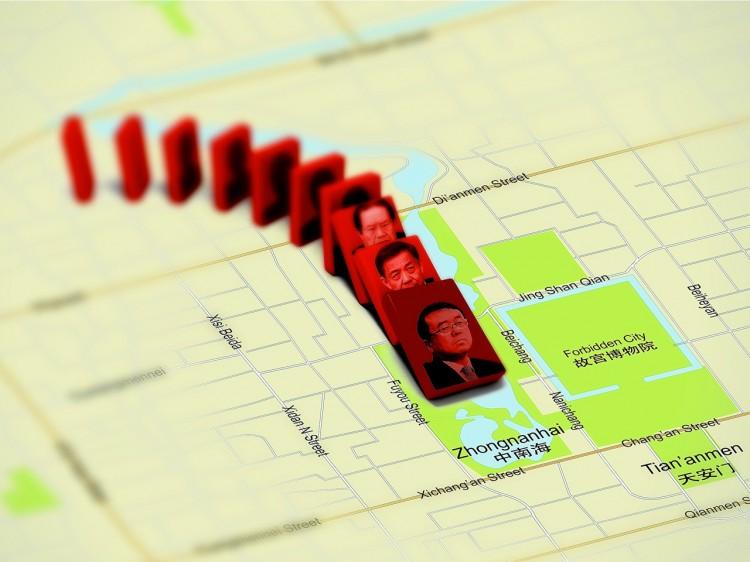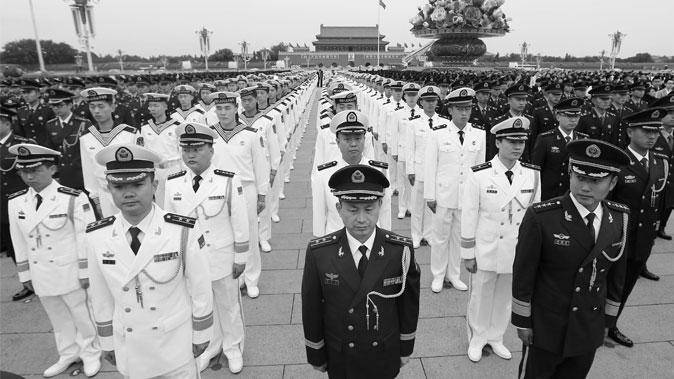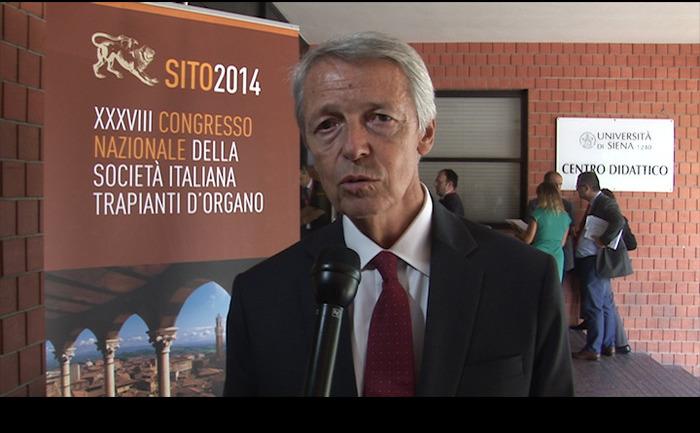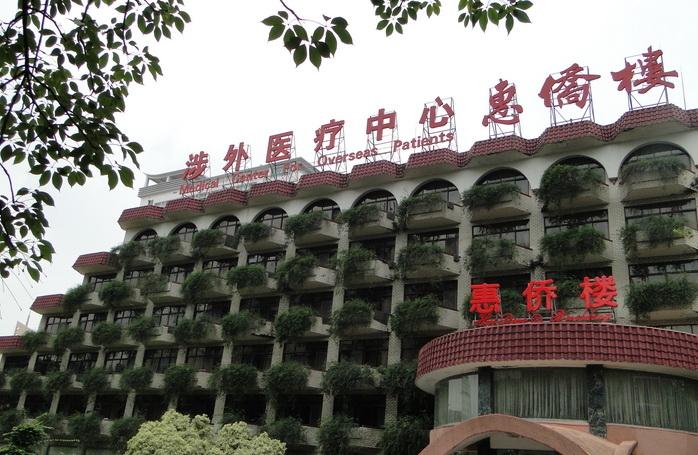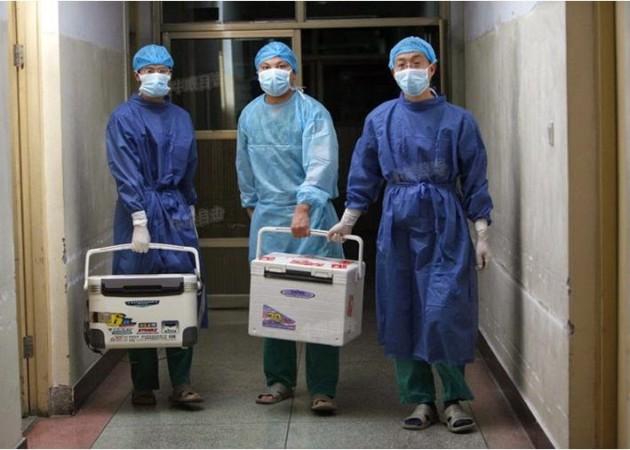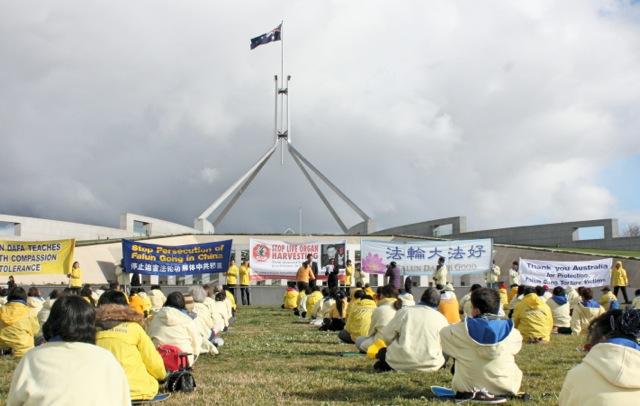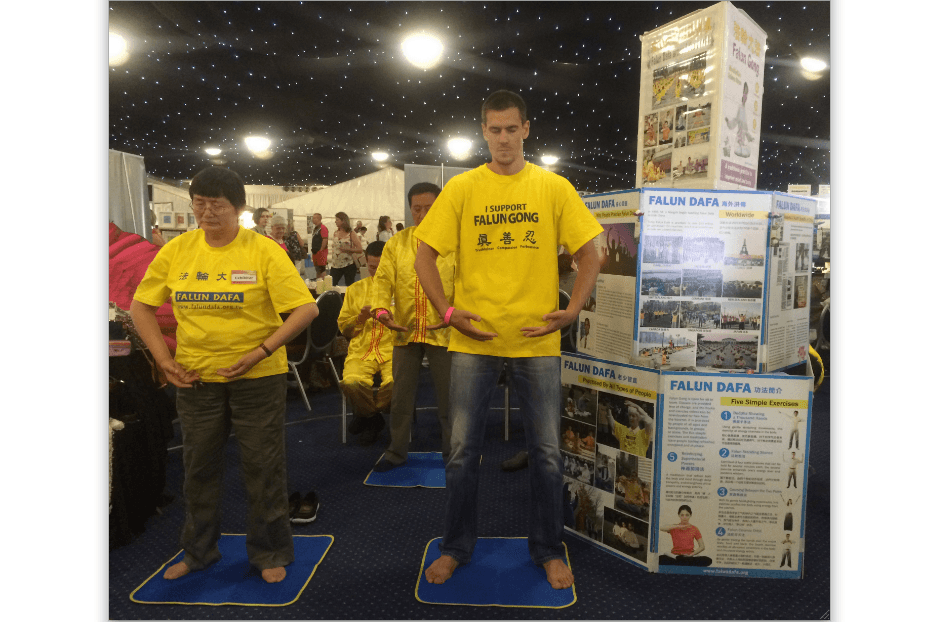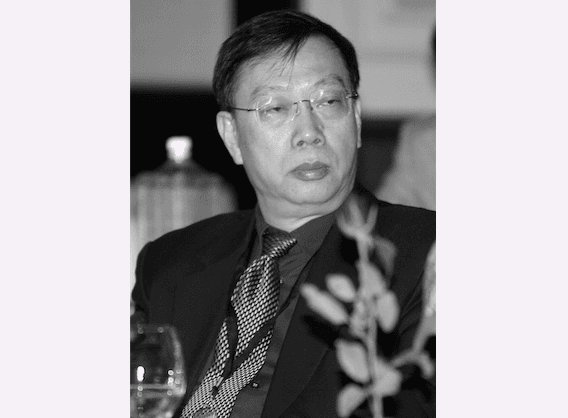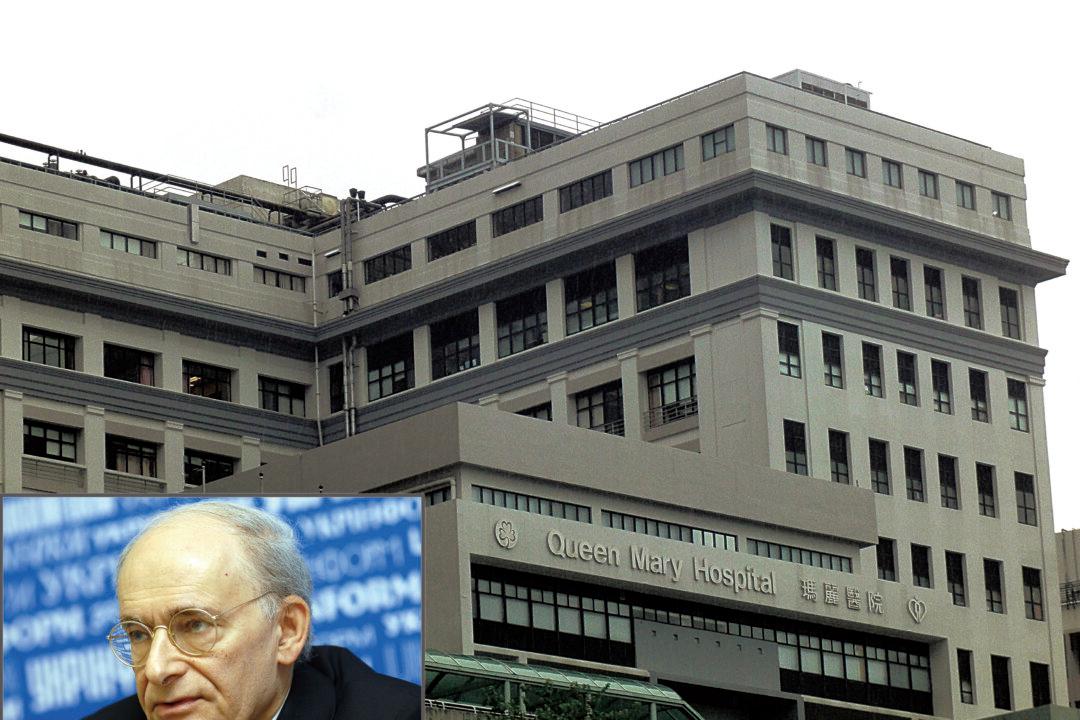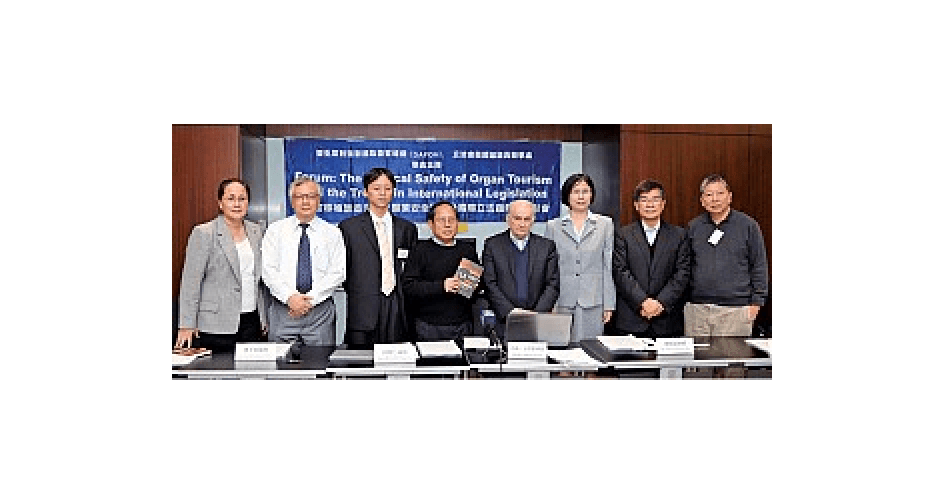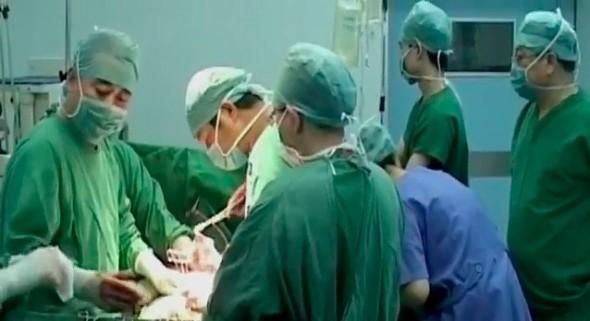Focus
Illegal Organ Harvesting
LATEST
Chinese Official Proposes Sharing ‘Black Organs’ With Taiwan
A Chinese health official has suggested that China’s organs be made available for export to Taiwan—but ethical concerns abound.
|
Organ Harvesting in China Puts Canadian Doctors in Tough Spot
OTTAWA, Canada—Growing evidence that the Chinese regime is taking organs from religious and political prisoners, and killing them in the process, is putting Canadian transplant physicians in a tough spot, says Dr. Jeff Zaltzman, the head of renal (kidney) transplants at St. Michael’s Hospital in Toronto.
|
The Slaughter: Canadian Book Tour Raises Awareness About China’s Illegal Organ Trade
Ethan Gutmann’s new book is a riveting inside account of China’s booming organ transplant business and gives a glimpse into the Chinese state’s secret program to get rid of arrested dissidents while profiting from the sale of their organs—in many cases to Western recipients.
|
Hospital in China’s South Was Awash With Organs, Says Former Official
A former Chinese official says a hospital in China’s south performed numerous transplants from prisoners to overseas Chinese patients through the 1980s.
|
Did Chinese Regime Implicate Military Doctor to Send a Message?
China’s state-run media recently reported a high-ranking doctor was involved in illegal organ harvesting. The report may have been exquisitely timed, or it may have been accidental.
|
Speakers Expose the Transplants That Take Lives
Doctors from around the world met in San Francisco for the World Transplant Congress held at Moscone Center West July 26–31.
|
Australian Parliamentarians Unite to Address Forced Organ Harvesting
Australian parliamentarians from major political parties have officially joined forces for the first time to address the pressing issue of forced organ harvesting.
|
China Transplant Official Backtracks on Prisoner Organs
For years the international transplant community proceeded
|
History on View: MEPs Condemning Organ Harvesting in China (+Video)
A video shows a selection of European Parliament MEPs speaking on behalf of a resolution condemning the practice of forced organ harvesting in China.
|
Hong Kong Hospital Keeps Organ Harvesting Evidence Secret
Queen Mary Hospital is home to a database of China’s liver transplants that holds evidence that can be used to help expose the practice of forced, live organ harvesting in China.
|
Canadian MP Aims to Curb Gruesome Trade
Liberal MP Irwin Cotler has introduced a bill to crackdown on those who trade in human organs, take part in organ harvesting, or get a transplant without making sure the organs were willingly donated.
|
Petitioning in Bangkok to End Organ Harvesting in China
A young woman and her mother, refugees from China, collected signatures in Bangkok for the Doctors Against Forced Organ Harvesting petition to the UN Human Rights High Commissioner to end forced organ harvesting from Falun Gong practitioners. The mother had been given a blood tests in a Chinese labor camp, a sign that the woman who ended up soliciting signatures to end organ harvesting was at one time at risk of having her own organs taken.
|
Hong Kong Forum Seeks Effective Responses to Organ Harvesting in China
Doctors, lawyers, and politicians gathered to discuss effective responses to the practice of forced, live organ harvesting in China at a forum in the Hong Kong Legislative Council (LegCo) building on Nov. 28.
|
German Newspaper Points to Western Complicity in Organ Trade in China
The West is deeply enmeshed in China’s questionable and lucrative organ trade, a major German newspaper says.
|
Beijing Commits Only to ‘Reduce Dependency’ on Organ Pillaging
The Chinese government has committed to “reduce dependency” on its practice of seizing prisoners’ vital organs for transplant but hasn’t set a deadline.
|
Chinese Official Proposes Sharing ‘Black Organs’ With Taiwan
A Chinese health official has suggested that China’s organs be made available for export to Taiwan—but ethical concerns abound.
|
Organ Harvesting in China Puts Canadian Doctors in Tough Spot
OTTAWA, Canada—Growing evidence that the Chinese regime is taking organs from religious and political prisoners, and killing them in the process, is putting Canadian transplant physicians in a tough spot, says Dr. Jeff Zaltzman, the head of renal (kidney) transplants at St. Michael’s Hospital in Toronto.
|
The Slaughter: Canadian Book Tour Raises Awareness About China’s Illegal Organ Trade
Ethan Gutmann’s new book is a riveting inside account of China’s booming organ transplant business and gives a glimpse into the Chinese state’s secret program to get rid of arrested dissidents while profiting from the sale of their organs—in many cases to Western recipients.
|
Hospital in China’s South Was Awash With Organs, Says Former Official
A former Chinese official says a hospital in China’s south performed numerous transplants from prisoners to overseas Chinese patients through the 1980s.
|
Did Chinese Regime Implicate Military Doctor to Send a Message?
China’s state-run media recently reported a high-ranking doctor was involved in illegal organ harvesting. The report may have been exquisitely timed, or it may have been accidental.
|
Speakers Expose the Transplants That Take Lives
Doctors from around the world met in San Francisco for the World Transplant Congress held at Moscone Center West July 26–31.
|
Australian Parliamentarians Unite to Address Forced Organ Harvesting
Australian parliamentarians from major political parties have officially joined forces for the first time to address the pressing issue of forced organ harvesting.
|
China Transplant Official Backtracks on Prisoner Organs
For years the international transplant community proceeded
|
History on View: MEPs Condemning Organ Harvesting in China (+Video)
A video shows a selection of European Parliament MEPs speaking on behalf of a resolution condemning the practice of forced organ harvesting in China.
|
Hong Kong Hospital Keeps Organ Harvesting Evidence Secret
Queen Mary Hospital is home to a database of China’s liver transplants that holds evidence that can be used to help expose the practice of forced, live organ harvesting in China.
|
Canadian MP Aims to Curb Gruesome Trade
Liberal MP Irwin Cotler has introduced a bill to crackdown on those who trade in human organs, take part in organ harvesting, or get a transplant without making sure the organs were willingly donated.
|
Petitioning in Bangkok to End Organ Harvesting in China
A young woman and her mother, refugees from China, collected signatures in Bangkok for the Doctors Against Forced Organ Harvesting petition to the UN Human Rights High Commissioner to end forced organ harvesting from Falun Gong practitioners. The mother had been given a blood tests in a Chinese labor camp, a sign that the woman who ended up soliciting signatures to end organ harvesting was at one time at risk of having her own organs taken.
|
Hong Kong Forum Seeks Effective Responses to Organ Harvesting in China
Doctors, lawyers, and politicians gathered to discuss effective responses to the practice of forced, live organ harvesting in China at a forum in the Hong Kong Legislative Council (LegCo) building on Nov. 28.
|
German Newspaper Points to Western Complicity in Organ Trade in China
The West is deeply enmeshed in China’s questionable and lucrative organ trade, a major German newspaper says.
|
Beijing Commits Only to ‘Reduce Dependency’ on Organ Pillaging
The Chinese government has committed to “reduce dependency” on its practice of seizing prisoners’ vital organs for transplant but hasn’t set a deadline.
|


